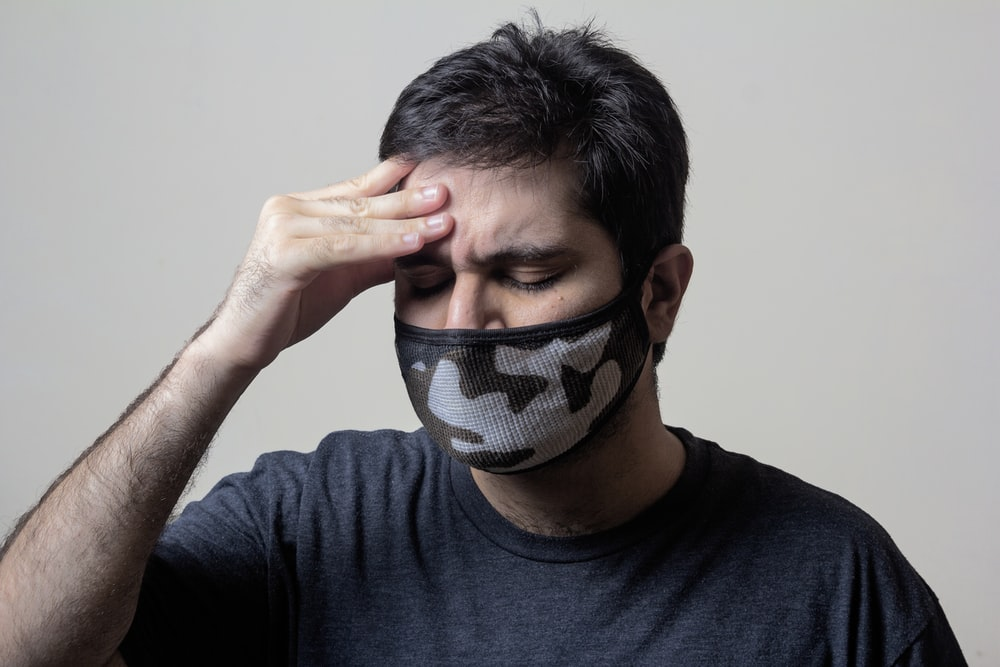Motion Sickness: Causes and Treatments
Have you ever felt sick when driving for a long time? Do you avoid long rides because they make you dizzy? You might be experiencing motion sickness.
All of your bad travel experiences, whether on a boat, car, or airplane, may be traced back to motion sickness.
This blog will list a few common causes of motion sickness and their treatments to make traveling easier and much more fun for you.

Causes of Motion Sickness
1.Underlying Health Issues or Medications You May Be On
If you've never had motion sickness before and fell sick on this one trip, it can possibly be a side effect of some drug you're taking or another medical concern.
Antibiotics, nonsteroidal anti-inflammatory drugs (NSAIDs) like birth control pills, ibuprofen, naproxen, and various other medications can increase the risk of motion sickness while traveling.
2.Your Age
Motion sickness is particularly common in children, though they usually outgrow it. Between the ages of 2 to 12, almost one-third of all children suffer from motion sickness.
There are multiple medicines for children available over-the-counter to avoid dizziness and nausea associated with motion sickness.
3.High Levels of Estrogen
Motion sickness affects women more than men. An increase in estrogen levels can either cause or increase nausea susceptibility. This might occur throughout a woman's menstrual cycle or during the first three months of pregnancy.
If you get motion sick during certain times of your monthly cycle, such as just after ovulation or midway through, estrogen is to blame.

Treatments for Motion Sickness
1.Drive Yourself
Driving yourself helps reduce the symptoms of motion sickness as your senses sync better. Scientists believe that motion sickness triggers when your vision differs from the movement your ears detect.
When you drive, the movements of your eyes and ears are better synced, relieving you from motion sickness. It also is a good distraction for you.
2.Turn on Some Music or Strike Up A Discussion to Distract Yourself
To take your mind off how you're feeling, turn on the music or start a conversation. You might be able to divert your attention away from the problem long enough to feel better.
Music has been found to help alleviate various psychological symptoms and other issues related to motion sickness.
3.Avoid Reading and Screen Time
People who suffer from motion sickness may find it difficult to read books or text on various devices while traveling. This relates to the sensory gap between the inner ear and the eyes. If you concentrate on something close up, it may aggravate your symptoms.
Avoid reading or having too much screen time when traveling. Instead, to pass the time, try taking a nap, listening to music, or can even listen to audio books.
If you’re tired of throwing up while traveling, look no further than HealthA2Z. We have thebest motion sickness medicine to make your traveling smooth. We also have headache relief medicines for you in case you end up with throbbing headaches due to motion sickness. Other than that, we also provide various dietary supplementsand sleep aidsto ensure you stay fit and healthy and get adequate sleep.
Contact us to order your medication today!







